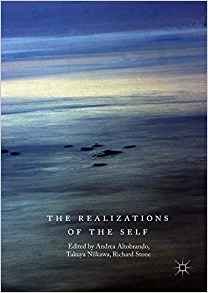Repository | Book | Chapter

(2018) The realizations of the self, New York, Palgrave Macmillan.
To "find one's true self' or to "reveal one's true self' are common enough expressions. But what do we really mean by the "true self'? Does it play an important explanatory role in understanding ourselves? The aim of this article is to shed light on the intuition that people have a true self—in contrast to their more readily perceptible "everyday self"—and to see whether we can give a clear philosophical account of it. When it comes to characterizing the true self on the basis of these, I argue, our intuitions point us in two directions. The first suggests that the true self expresses a person's essential nature. The second focuses on our own role in creating and maintaining a true self. I argue that both suggestions fail. Although the idea of a true self does not lack intuitive appeal, it is neither conducive to a convincing account, nor does it advance a theoretical understanding of ourselves as persons.
Publication details
DOI: 10.1007/978-3-319-94700-6_2
Full citation:
Frischhut, A. (2018)., Is there a true self?, in A. Altobrando, T. Niikawa & R. Stone (eds.), The realizations of the self, New York, Palgrave Macmillan, pp. 15-30.
This document is unfortunately not available for download at the moment.



